Tai Chi
How to submit an article:
- Registered users can submit any published journal article that has a unique DOI (Digital Object Identifier) name or link to Research Hub.
- For example, you can paste the full DOI link:
https://doi.org/10.1109/5.771073or just the DOI name:10.1109/5.771073into the field above and click submit. - The person who is first to submit a valid article to Research Hub will forever be credited for it, and every article submission earns you +6 Research Points.
Published research studies are articles that present the findings of original research that has undergone a peer-review process and has been made publicly available in scholarly journals, books or other media.
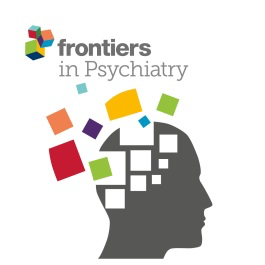
Effectiveness of Taijiquan in treating insomnia: A systematic review and meta-analysis of randomized controlled studies
2022 Sep 27 Frontiers in Psychiatry Han D, Cheng J, Qu J, Wen X, Liu X, Chen Y, et al.
Systematic Review Meta-Analysis Tai ChiTaijiquan significantly improves sleep quality in individuals suffering from insomnia, suggesting that Taijiquan offers a safe and effective intervention for addressing sleep-related issues.
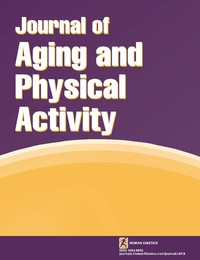
Tai Chi for the Prevention of Falls Among Older Adults: A Critical Analysis of the Evidence
2021 Apr 01 Journal of Aging and Physical Activity Nyman SR
Systematic Review Meta-AnalysisHigh-quality evidence suggests that Tai Chi is an effective intervention for preventing falls in community settings, and through its benefits on cognitive functioning.

Clinical Evidence of Tai Chi Exercise Prescriptions: A Systematic Review
2021 Mar 10 Evidence-Based Complementary and Alternative Medicine Huang J, Wang D, Wang J
Systematic ReviewTai Chi has potential clinical value for treating many diseases, especially noncommunicable chronic diseases. The most common diseases were in the musculoskeletal system or connective tissue and the circulatory system.

The Complementary and Alternative Medicine for Polycystic Ovary Syndrome: A Review of Clinical Application and Mechanism
2021 Feb 26 Evidence-Based Complementary and Alternative Medicine Jia LY, Feng JX, Li JL, Liu FY, Xie L, Luo SJ, et al.
CAM for PCOS mainly includes acupuncture, Chinese medicine, diet and nutrition, Tai Chi, yoga, Qigong, and meditation. Through these therapies, the incidence of cardiovascular disease and diabetes can be reduced, and anxiety and depression can be relieved as well, therefore improving the quality of life.
Review Article PCOS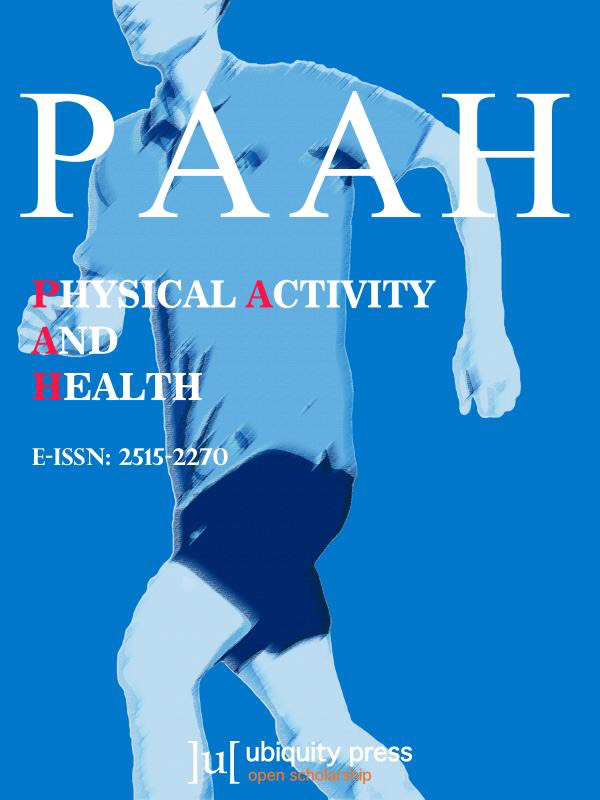
Effects of Tai Chi Chuan on the Physical and Mental Health of the Elderly: A Systematic Review
2021 Jan 27 Physical Activity and Health Xianjian C, Datao X
Systematic Review Tai Chi & Qi GongAll schools of Tai Chi chuan can improve the mental health of the elderly.
Research insights are moderated by the Research Hub team and offer an at-a-glance overview of interesting research findings.

2022 Frontiers in Psychiatry
Taijiquan significantly improves sleep quality in individuals suffering from insomnia, suggesting that Taijiquan offers a safe and effective intervention for addressing sleep-related issues.
Systematic Review
Effectiveness of Taijiquan in treating insomnia: A systematic review and meta-analysis of randomized controlled studies
Han D, Cheng J, Qu J, Wen X, Liu X, Chen Y, et al.

2021 Journal of Aging and Physical Activity
High-quality evidence suggests that Tai Chi is an effective intervention for preventing falls in community settings, and through its benefits on cognitive functioning.
Systematic Review
Tai Chi for the Prevention of Falls Among Older Adults: A Critical Analysis of the Evidence
Nyman SR

2021 Evidence-Based Complementary and Alternative Medicine
Tai Chi has potential clinical value for treating many diseases, especially noncommunicable chronic diseases. The most common diseases were in the musculoskeletal system or connective tissue and the circulatory system.
Systematic Review
Clinical Evidence of Tai Chi Exercise Prescriptions: A Systematic Review
Huang J, Wang D, Wang J

2021 Physical Activity and Health
All schools of Tai Chi chuan can improve the mental health of the elderly.
Systematic Review Tai Chi & Qi Gong
Effects of Tai Chi Chuan on the Physical and Mental Health of the Elderly: A Systematic Review
Xianjian C, Datao X
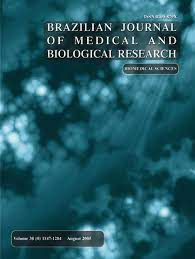
2020 Brazilian Journal of Medical and Biological Research
Tai chi may be an exercise option for older adults, with a positive effect on overall quality of life and physical component.
Systematic Review
Effectiveness of Tai chi exercise on overall quality of life and its physical and psychological components among older adults: a systematic review and meta-analysis
Wang D, Wang P, Lan K, Zhang Y, Pan Y.
Review Articles
Review articles summarise and critically evaluate the current state of research on a specific topic or field by synthesising multiple primary research studies.

Effectiveness of Taijiquan in treating insomnia: A systematic review and meta-analysis of randomized controlled studies
2022 Sep 27 Frontiers in Psychiatry Han D, Cheng J, Qu J, Wen X, Liu X, Chen Y, et al.
Systematic Review Meta-Analysis Tai ChiTaijiquan significantly improves sleep quality in individuals suffering from insomnia, suggesting that Taijiquan offers a safe and effective intervention for addressing sleep-related issues.

Tai Chi for the Prevention of Falls Among Older Adults: A Critical Analysis of the Evidence
2021 Apr 01 Journal of Aging and Physical Activity Nyman SR
Systematic Review Meta-AnalysisHigh-quality evidence suggests that Tai Chi is an effective intervention for preventing falls in community settings, and through its benefits on cognitive functioning.

Clinical Evidence of Tai Chi Exercise Prescriptions: A Systematic Review
2021 Mar 10 Evidence-Based Complementary and Alternative Medicine Huang J, Wang D, Wang J
Systematic ReviewTai Chi has potential clinical value for treating many diseases, especially noncommunicable chronic diseases. The most common diseases were in the musculoskeletal system or connective tissue and the circulatory system.

The Complementary and Alternative Medicine for Polycystic Ovary Syndrome: A Review of Clinical Application and Mechanism
2021 Feb 26 Evidence-Based Complementary and Alternative Medicine Jia LY, Feng JX, Li JL, Liu FY, Xie L, Luo SJ, et al.
CAM for PCOS mainly includes acupuncture, Chinese medicine, diet and nutrition, Tai Chi, yoga, Qigong, and meditation. Through these therapies, the incidence of cardiovascular disease and diabetes can be reduced, and anxiety and depression can be relieved as well, therefore improving the quality of life.
Review Article PCOS
Effects of Tai Chi Chuan on the Physical and Mental Health of the Elderly: A Systematic Review
2021 Jan 27 Physical Activity and Health Xianjian C, Datao X
Systematic Review Tai Chi & Qi GongAll schools of Tai Chi chuan can improve the mental health of the elderly.
Clinical Trials
Clinical trials are research studies that involve people and are conducted to evaluate the safety and efficacy of new treatments or interventions, such as drugs, medical devices, or behavioural therapies.
Study Protocols
Published study protocols are detailed plans that outline the objectives, methodology, statistical analyses, and organisation of a research study that have been made publicly available for others to review and use as a reference.

The efficacy of Tai Chi for depression
2022 Feb 04 Medicine He G, Zhang X, Yan T, Wang J, Li Q, Liu T, et al.
The current review will provide new evidence on whether and to what extent patients with depression can benefit from Tai Chi practice.
Study Protocol Depression Tai Chi
Effectiveness and safety of Tai Chi for chronic pain of knee osteoarthritis
2022 Jan 14 Medicine Guo G, Wu B, Xie S, Xu J, Zhou X, Wu G, et al.
This proposed systematic review and meta-analysis will evaluate the existing evidence on the effectiveness and safety of Tai Chi for KOA patients with CP.
Study Protocol Chronic Pain Knee Osteoarthritis
The effectiveness of Tai Chi for postpartum depression
2021 Dec 10 Medicine Tian H, Han S, Hu J, Peng X, Zhang W, Wang W, et al.
The findings of our study will provide updated evidence to determine whether Tai Chi is an effective intervention for patients with postpartum depression (PPD), which will help clinicians make a better alternative treatment schedule of PPD patients and provide a reliable basis for health-related policymakers.
Study Protocol Tai Chi
The efficacy of Tai Chi for intervention treatment of myocardial infarction
2021 Nov 19 Medicine Wu S, Lu Z, Li Z, Li Y
This study will provide reliable evidence regarding the efficacy of Tai Chi in patients with MI and provide up-to-date evidence for its application.
Study Protocol Tai Chi
Effect of Tai Chi on cardiac function in patients with myocardial infarction
2021 Oct 22 Medicine Zhao SJ, Zu YG, Lu M, Jia XW, Chen X
This study will evaluate the effect of Tai Chi on the cardiac function of patients with myocardial infarction. The results of this test will provide clinical evidence for patients to choose which CR exercise.
Study ProtocolPresentation Slides

Systematic Review
Taijiquan significantly improves sleep quality in individuals suffering from insomnia, suggesting that Taijiquan offers a safe and effective intervention for addressing sleep-related issues.
Han D, Cheng J, Qu J, Wen X, Liu X, Chen Y, Wen Y, Liu Z, Liu H, Huang Y

Systematic Review
High-quality evidence suggests that Tai Chi is an effective intervention for preventing falls in community settings, and through its benefits on cognitive functioning.
Nyman SR

Systematic Review
Tai Chi has potential clinical value for treating many diseases, especially noncommunicable chronic diseases. The most common diseases were in the musculoskeletal system or connective tissue and the circulatory system.
Huang J, Wang D, Wang J

Systematic Review
All schools of Tai Chi chuan can improve the mental health of the elderly.
Xianjian C, Datao X

Systematic Review
Tai chi may be an exercise option for older adults, with a positive effect on overall quality of life and physical component.
Wang D, Wang P, Lan K, Zhang Y, Pan Y.
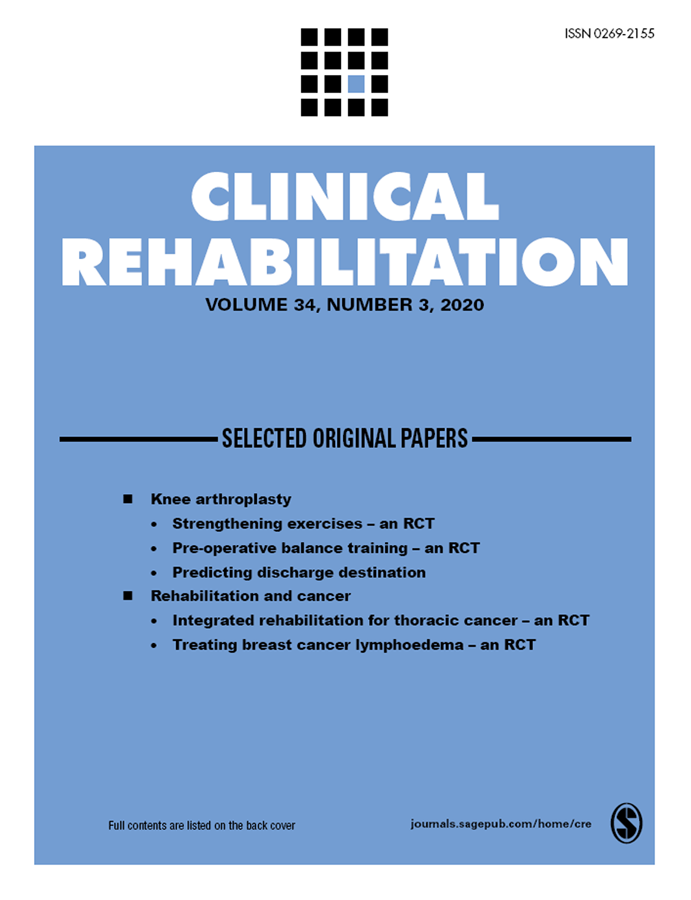
Systematic Review
Tai Chi exercise was beneficial for ameliorating physical and mental health of patients with knee osteoarthritis and should be available as an alternative non-pharmacological therapy in rehabilitation programmes.
Hu L, Wang Y, Liu X, Ji X, Ma Y, Man S, Hu Z, Cheng J, Huang F.
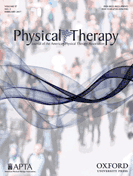
Systematic Review
Our findings support the use of tai chi as a treatment for people with arthritis and potentially for low back pain.
Amanda Hall, Bethan Copsey, Helen Richmond, Jacqueline Thompson, Manuela Ferreira, Jane Latimer, Chris G. Maher

Systematic Review
Tai Chi could be an effective alternative and/or complementary approach to existing therapies for people with fatigue.
Yu Xiang, Liming Lu, Xiankun Chen, Zehuai Wen
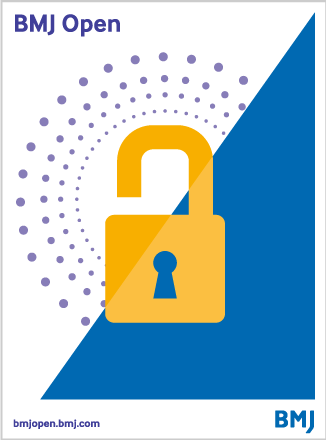
Systematic Review
Tai Chi is effective for preventing falls in older adults and the preventive effect is likely to increase with exercise frequency.
Huang ZG, Feng YH, Li YH, Lv CS
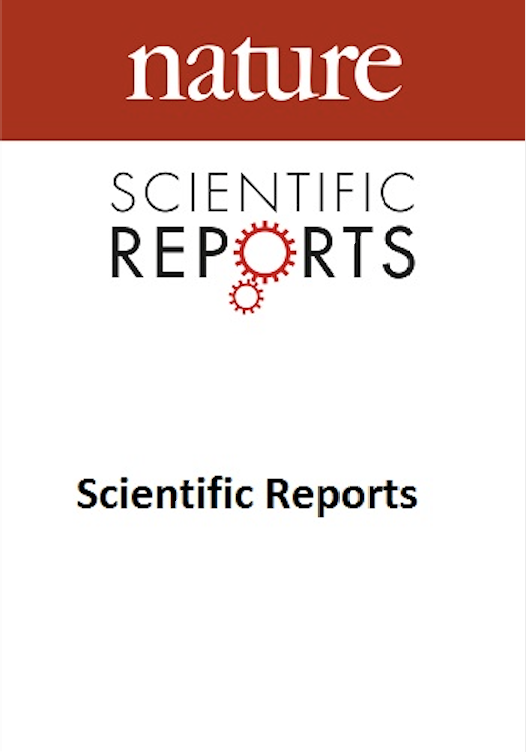
Systematic Review
Clinicians may consider Tai Chi as a viable complementary and alternative medicine for chronic pain conditions.
Kong, L., Lauche, R., Klose, P. et al.
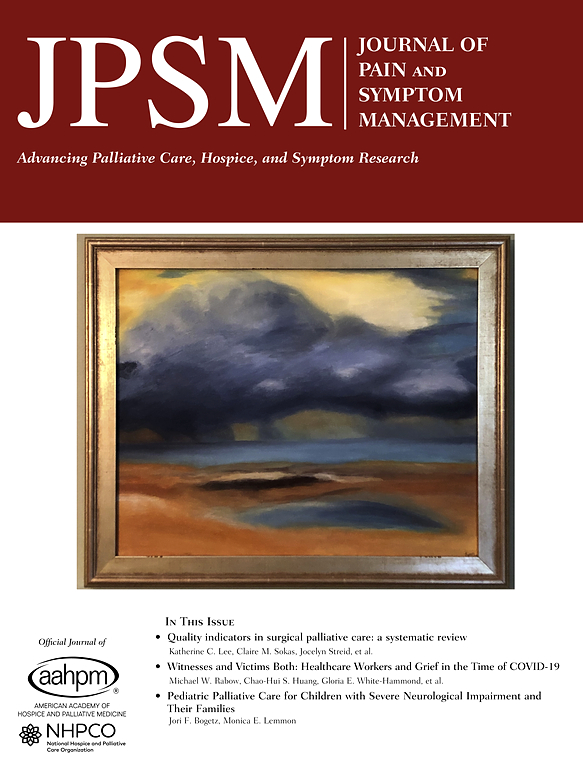
Systematic Review
A tentative conclusion can be reached that acupuncture, tuina, tai chi and qigong represent beneficial adjunctive therapies for cancer patients.
Wei-Wei Tao,Hua Jiang,Xiao-Mei Tao,Ping Jiang,Li-Yan Sha,Xian-Ce Sun
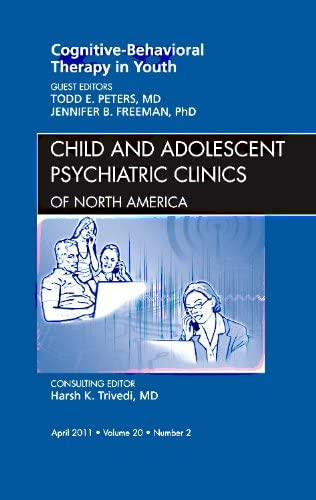
Review Article
Traditional Chinese medicine can be effective in diagnosing and treating attention-deficit/hyperactivity disorder, offering an alternative to Western pharmacologic treatment.
Ni X, Zhang-James Y, Han X, Lei S, Sun J, Zhou R
Executive Summary
Write an executive summary in the form of a blog article on the topic of "Research into Chinese medicine treatment for Tai Chi" summarising the research below and using language that can be easily understood by patients and avoiding medical jargon using a professional and caring tone of voice.
Write an executive summary in the form of a blog article on the topic of "Researched Chinese medicine treatments for Tai Chi" summarising the research below in an objective and easy to understand way, and using language that can be easily understood by patients. Group the article into Chinese medicine treatments first, followed by nutrition and other treatments. Avoid using medical jargon and use a professional and caring tone of voice.
Write me a concise but easy to understand executive summary on the topic of "Chinese medicine treatments for Tai Chi" based on the following research that I will give you. Your summary should be 2 paragraphs long in Australian English spelling and include references to the studies.
A Systematic Review published in 2022 in the journal Frontiers in Psychiatry found that Taijiquan significantly improves sleep quality in individuals suffering from insomnia, suggesting that Taijiquan offers a safe and effective intervention for addressing sleep-related issues. Taijiquan (Tai Chi) was found to be beneficial for improving insomnia, especially when compared to no treatment, simple exercise, or health education alone. Subgroup analysis revealed that Taijiquan was equally effective for both Americans and Chinese. However, further research is needed to explore the physiological mechanisms behind Taijiquan's impact on insomnia and to optimize its application in different populations and styles of Taijiquan.
A Systematic Review published in 2021 in the journal Journal of Aging and Physical Activity found that High-quality evidence suggests that Tai Chi is an effective intervention for preventing falls in community settings, and through its benefits on cognitive functioning. Tai Chi can be highly effective for preventing falls. Tai Chi is a safe and accessible form of exercise. Indeed, over 500 trials and 120 systematic reviews have been conducted on the health benefits of Tai Chi and no studies have found that Tai Chi worsens a condition (Huston & McFarlane, 2016). In addition, a systematic review of adverse event reporting from Tai Chi trials found Tai Chi is unlikely to result in serious adverse events but may result in minor musculoskeletal aches and pains (Wayne, Berkowitz, Litrownik, Buring, & Yeh, 2014). For older adults with osteoporosis with vertebral fractures, it is recommended that they first receive advice on spine sparing techniques and that they avoid repetitive, weighted, or rapid end range flexion or extension of the spine (Skelton & Mavroeidi, 2018). Frailer older adults, those with a high falls risk or multiple comorbid conditions affecting balance or strength, are recommended to only practice Tai Chi under the supervision of an instructor trained in adapting and tailoring the exercise prescription (Skelton & Mavroeidi, 2018).
A Systematic Review published in 2021 in the journal Evidence-Based Complementary and Alternative Medicine found that Tai Chi has potential clinical value for treating many diseases, especially noncommunicable chronic diseases. The most common diseases were in the musculoskeletal system or connective tissue and the circulatory system. Tai Chi exercise has been widely regarded as an effective method for health promotion, adjuvant treatment for chronic diseases, and a form of rehabilitation therapy during the recovery period from diseases. In this systematic review, the effects of Tai Chi on improving health-related parameters in both healthy populations and diseased populations were examined comprehensively. A total of 139 RCTs were included in this systematic review; 44 studies focused on the effects of Tai Chi on the physical function, cognitive function, quality of life, balance ability, and psychological indicators in healthy middle-aged and elderly people and the effects of Tai Chi in preventing falls. Besides, 95 studies focused on the effects of Tai Chi on different diseases. We have summarized several styles of Tai Chi interventions and their uses in the treatment of various diseases. Tai Chi has potential clinical value for treating many diseases, especially noncommunicable chronic diseases. The most common diseases were in the musculoskeletal system or connective tissue and the circulatory system. This may be due to the physiological and biomechanical that are influenced by Tai Chi training.
A Systematic Review published in 2021 in the journal Physical Activity and Health found that All schools of Tai Chi chuan can improve the mental health of the elderly. Tai Chi's potential mechanisms include reducing anxiety, relieving depression and stress, enhancing pulmonary and cardiovascular function, enhancing immunity and improving quality of life.
A Systematic Review published in 2020 in the journal Brazilian Journal of Medical and Biological Research found that Tai chi may be an exercise option for older adults, with a positive effect on overall quality of life and physical component. Tai chi exercise is a safe, economical, and beneficial exercise that is easy to learn. According to this systematic review, Tai chi exercise can be considered a sport to improve the QoL of older adults. However, before recommending Tai chi exercise, healthcare professionals should make different recommendations based on the situation and diagnosis of older adults. Future randomized controlled trials should provide more rigorous research procedures, in particular measures to reduce bias, so that more accurate assessments of quality and intervention effectiveness can be achieved.
A Systematic Review published in 2020 in the journal Clinical Rehabilitation found that Tai Chi exercise was beneficial for ameliorating physical and mental health of patients with knee osteoarthritis and should be available as an alternative non-pharmacological therapy in rehabilitation programmes. A total of 16 RCTs involving 986 patients with knee osteoarthritis met the established inclusion criteria. The strength of evidence for the main outcomes was low or moderate. The systematic review illustrated the efficacy of Tai Chi exercise in treating and managing knee osteoarthritis. Patients’ outcomes practising Tai Chi exercise were improved significantly, including pain, stiffness, physical function, dynamic balance, physiological and psychological health. No adverse events associated with Tai Chi exercise were reported.
A Systematic Review published in 2017 in the journal Physical Therapy & Rehabilitation Journal found that Our findings support the use of tai chi as a treatment for people with arthritis and potentially for low back pain. Our findings support the use of tai chi as a treatment for people with arthritis and potentially for low back pain. However, we have only very low-quality or no evidence to suggest that it is as effective as, or more effective than, any other treatment for these populations. With no direct comparison of tai chi to other treatments, we can only speculate that, as our findings appear to be within a similar range to those reported for other commonly used exercise regimens for musculoskeletal conditions, tai chi could produce similar effects when compared. Thus, we cannot provide useful or confirmatory evidence to recommend this approach over others used in clinical practice settings until a robust, direct comparison study has been conducted.
A Systematic Review published in 2017 in the journal PLOS One found that Tai Chi could be an effective alternative and/or complementary approach to existing therapies for people with fatigue. The overall aggregated result showed that Tai Chi achieved better gains in relieving fatigue compared to the control interventions. For the subgroup analysis, Tai Chi was more beneficial for cancer-related fatigue. However, for multiple sclerosis-related fatigue, age-related fatigue, there were no significant difference between two groups. Tai Chi improved fatigue greater than conventional treatment and low-impact exercise control, while no difference was observed comparing with health education control. The length between ≤ 3 months and > 3 months and the frequency between < 5 times a week and ≥ 5 times a week, the pooled results indicated that they all have significant difference. However, in the duration≤ 60 minutes, Tai Chi was improved fatigue greater. In the duration > 60 minutes, there were no difference between two groups. So, the duration≤ 60 minutes may be better than > 60 minutes.
A Systematic Review published in 2017 in the journal BMJ Open found that Tai Chi is effective for preventing falls in older adults and the preventive effect is likely to increase with exercise frequency. 18 trials with 3824 participants were included. The Tai Chi group was associated with significantly lower chance of falling at least once and rate of falls than the control group. Subgroup analyses suggested that the preventive effect was likely to increase with exercise frequency and Yang style Tai Chi was likely to be more effective than Sun style Tai Chi. The results might be influenced by publication bias as the funnel plots showed asymmetry. Sensitivity analyses by sample size, risk of bias and comorbidity showed no major influence on the primary results. Tai Chi is effective for preventing falls in older adults. The preventive effect is likely to increase with exercise frequency and Yang style Tai Chi seems to be more effective than Sun style Tai Chi.
A Systematic Review published in 2016 in the journal Scientific Reports found that Clinicians may consider Tai Chi as a viable complementary and alternative medicine for chronic pain conditions. The aggregated results have indicated that Tai Chi showed positive evidence on immediate relief of chronic pain from osteoarthritis. The valid duration of Tai Chi practice for osteoarthritis may be more than 5 weeks. And there were some beneficial evidences regarding the effects of Tai Chi on immediate relief of chronic pain from low back pain and osteoporosis. Therefore, clinicians may consider Tai Chi as a viable complementary and alternative medicine for chronic pain conditions.
A Systematic Review published in 2016 in the journal Journal of Pain and Symptom Management found that A tentative conclusion can be reached that acupuncture, tuina, tai chi and qigong represent beneficial adjunctive therapies for cancer patients. We identified 67 RCTs (5465 patients) that met our inclusion criteria to perform this meta-analysis. Analysis results showed that a significant combined effect was observed for QOL change in patients with terminal cancer in favor of acupuncture and Tuina, whereas Tai Chi and Qigong had no effect on QOL of breast cancer survivors. The meta-analysis also demonstrated that acupuncture produced small-to-large effects on adverse symptoms including pain, fatigue, sleep disturbance, and some gastrointestinal discomfort; however, no significant effect was found on the frequency of hot flashes and mood distress. Tuina relieved gastrointestinal discomfort. TCM-FEMT lowered depression level. Tai Chi improved vital capacity of breast cancer patients. High risk of bias was present in 74.63% of the selected RCTs. Major sources of risk of bias were lack of blinding, allocation concealment, and incomplete outcome data.
A Review Article published in 2014 in the journal Child and Adolescent Psychiatric Clinics of North America found that Traditional Chinese medicine can be effective in diagnosing and treating attention-deficit/hyperactivity disorder, offering an alternative to Western pharmacologic treatment. The provided methodology centered on an exploration and understanding of traditional Chinese medicine in diagnosing and treating attention-deficit/hyperactivity disorder. The traditional theories of Chinese medicine that explain the cause and pathogenesis of ADHD were studied. From this perspective, they could define methods of syndrome differentiation, and provide a rationale for the treatment. The researchers also covered frequently accepted and successful clinical practices used by traditional Chinese medicine clinicians in China. In discussing the results, the authors provided support for the effectiveness of these traditional Chinese medicine practices in treating ADHD. They presented evidence from clinical practices in China which indicates considerable success in the diagnosis and management of the disorder utilizing these traditional methods. They particularly emphasized that these practices provide an alternative approach to Western pharmacological treatments, potentially offering more treatment options to ADHD patients.
Moderation Tools
Topic
Sign In
Users not signed in are limited to viewing the 5 most recent items of content.